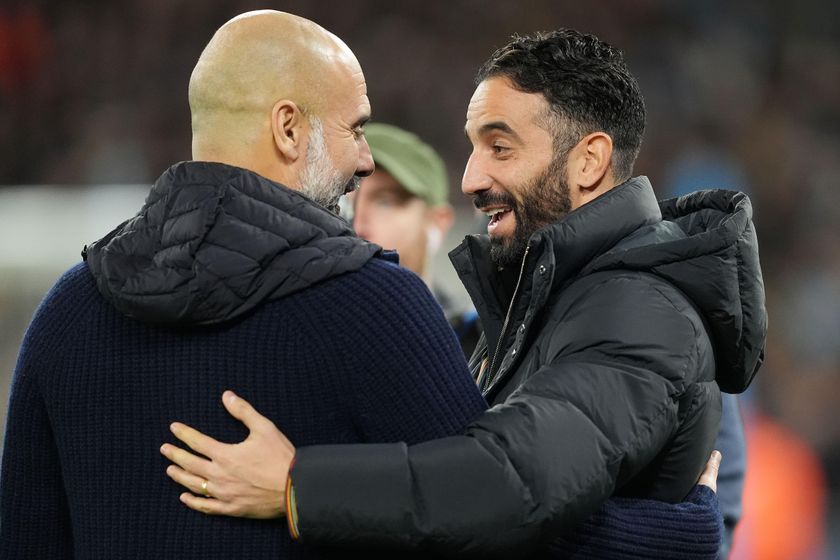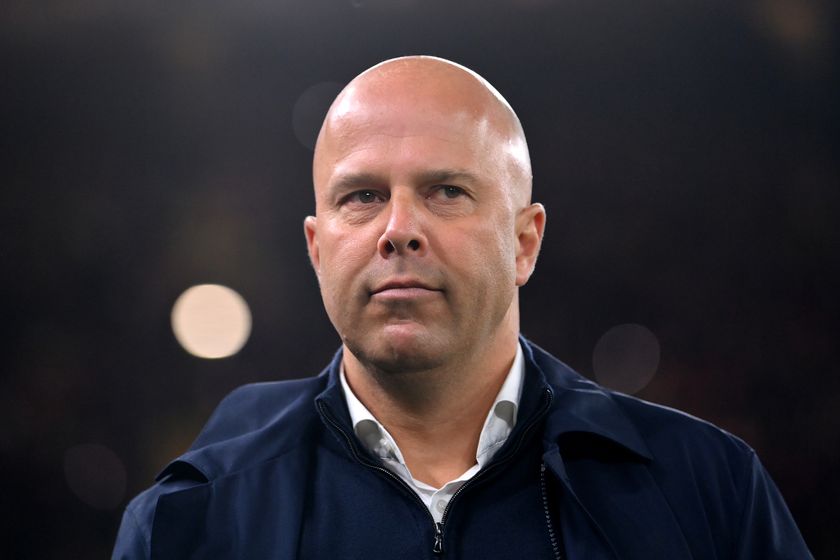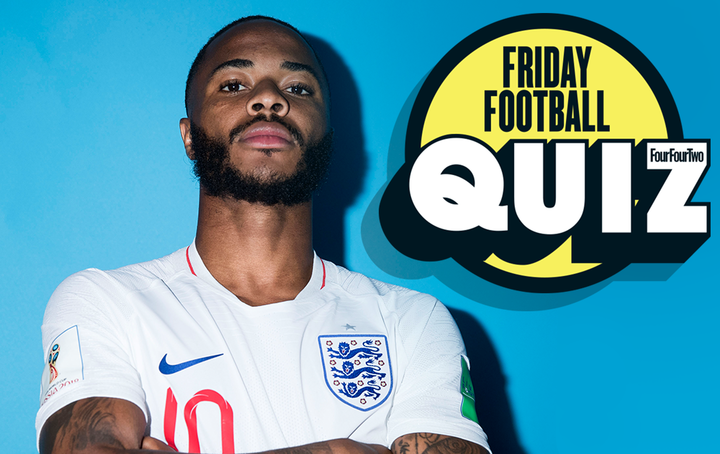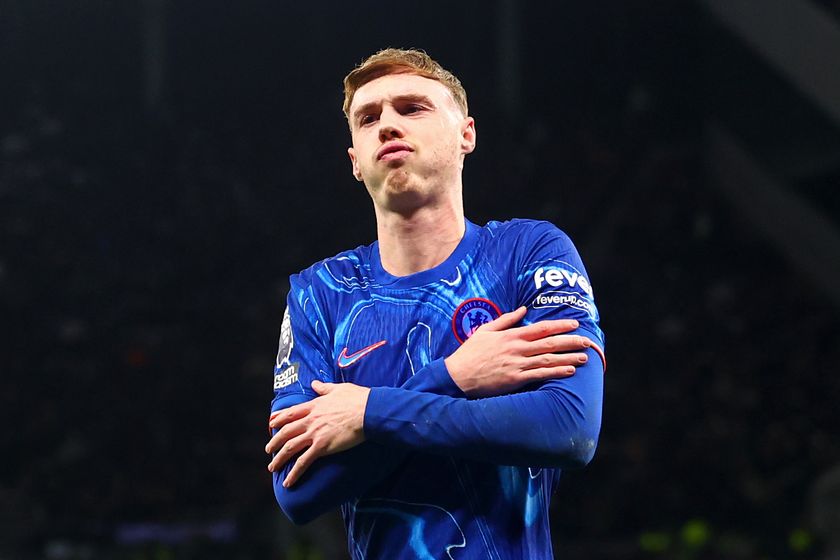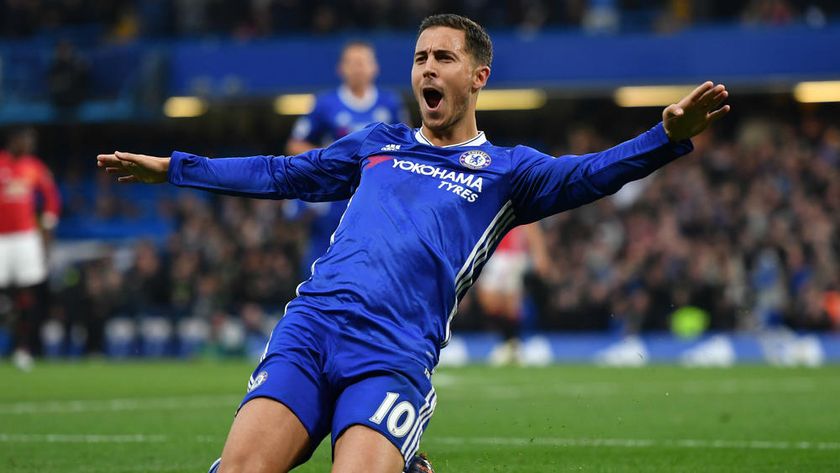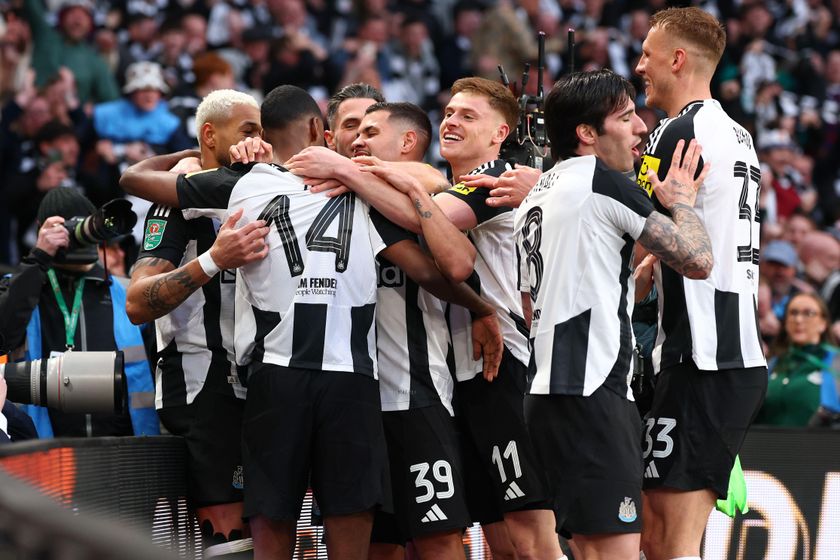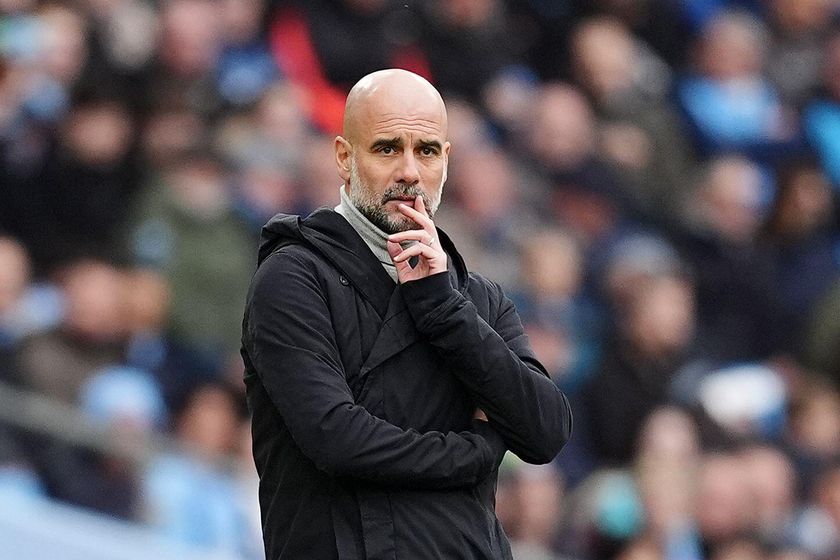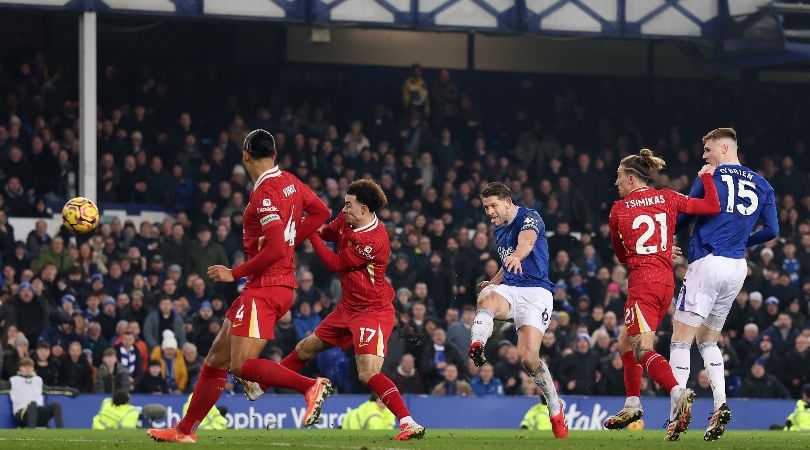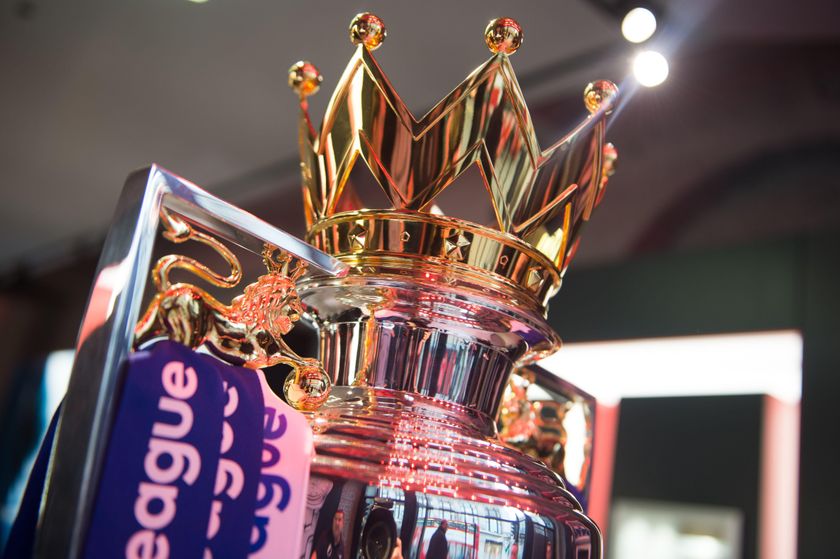Germany stride on as a fearsome unit – not a bunch of individuals
Ahead of Germany's quarter-final against Greece, Stefan Bienkowski looks at the only team to have won all its Euro 2012 games...
Ahard-fought victory over Denmark confirmed Germany as Group B winners with a 100% record â the only country to achieve that feat â and set up a quarter-final showdown with Greece on Friday.
To suggest Germany have been efficient would be slightly more than just an ill-advised stereotype; it would be true. Joachim LowâÂÂs side conquered the much-heralded Group of Death in second gear, alongside Portugal, at the expense of Denmark and World Cup finalists Holland.
Yet the very fact that the national team have accomplished so much without breaking sweat has brought die Mannschaft criticism rather than recognition of their superior quality. Instead of allowing the players to protect their fitness and fine-tune their skills, the German media have demanded that they huff and puff from the very first whistle.
This was never going to be the case, with Low taking a very calculated approach to the tournament, in light of the "play football first, think later" approach that lit up World Cup 2010 but only amounted to a disappointing third place. As Holland, Portugal and Denmark floundered amongst themselves, Germany patiently picked each off with a calm yet commanding presence that even the Spanish would envy.
In each game Low selected the same starting XI (except for Lars Bender replacing the suspended Boateng against Denmark). Rather than pick more outright attacking players like Mario Gotze or Marco Reus, the German coach has stuck with the tried and trusted Lucas Podolski and Thomas Muller. The two wide attackers have been criticised for what they have offered going forward in the tournament so far, but they supply cover for either wing and suit a tactical formation that Low obviously favours over sheer attacking ability.
Bicycle kicks: The German squad go for a ride
Get FourFourTwo Newsletter
The best features, fun and footballing quizzes, straight to your inbox every week.
Even his substitutions remain characteristically subtle and in tune with LowâÂÂs general approach to the tournament. If a change is necessary, he has turned to Miroslav Klose to replace the like-for-like Mario Gomez, Toni Kroos to slot in the midfield in Mesut OzilâÂÂs stead, or energetic Leverkusen winger Andre Schurrle to replace the similar Lucas Podolski.
In a tournament marked by fierce debate over Spain's necessity for a striker, HollandâÂÂs self-destructive egos and the English front-line conundrums over Andy Carroll or Danny Welbeck and James Milner or Theo Walcott, GermanyâÂÂs side have slipped under the radar with a system that has won them three games to no great theatrics or applause. This style versus substance debate is nothing new in football â and as Chelsea pointed out in this seasonâÂÂs Champions League Final, the safest rout can be the most lucrative.
Yet this isnâÂÂt simply a defensive German side hoping to cancel out any opponent and score the odd goal along the road to the final. LowâÂÂs system is nothing more than a simple structure built around the players to which he has entrusted the roles he needs executed.
While England look to Steven Gerrard for his exquisite passing and France employ Frank Ribery for his wing trickery, Germany play Sami Khedira or Bastian Schweinsteiger because they can do exactly what Low asks of them. If footballers are nothing more than puppets attached to the tactical strings of their authoritative puppet master, LowâÂÂs Germany possess an array of compliant marionettes firmly attached to their taut strings, and ready to outplay any opponents.
This has been evident throughout their Euro campaign. Holland and Portugal, two sides forever accommodating fantastic individuals, fell to the might of this German side because they couldnâÂÂt function as a unit as well as LowâÂÂs team. Consider the German goals.
GomezâÂÂs goal in the 1-0 win over Portugal came down the wing that Ronaldo hadnâÂÂt bothered defending. His two against Holland came through the middle as GermanyâÂÂs midfield exploited the gap between the Dutch midfield and defence. And BenderâÂÂs late winner against the Danes was a counterattack allowing the German midfield to instantaneously overcome a fleeting gap in the Denmark defence. Substance, in all its calculated glory.
Germany's Euros may not be about individual brilliance, but individuals rarely win tournaments. Joachim LowâÂÂs side prepare for their quarter-final with a common goal and the knowledge that no foe yet encountered has been able to stop their well-oiled system.
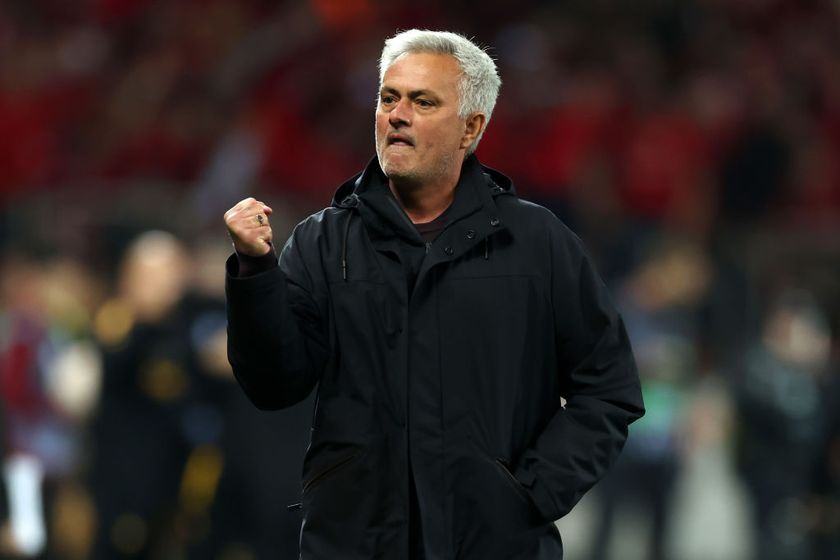
Bizarre Jose Mourinho statement aims to pre-empt punishment after Fenerbahce boss clashes with Galatasaray counterpart
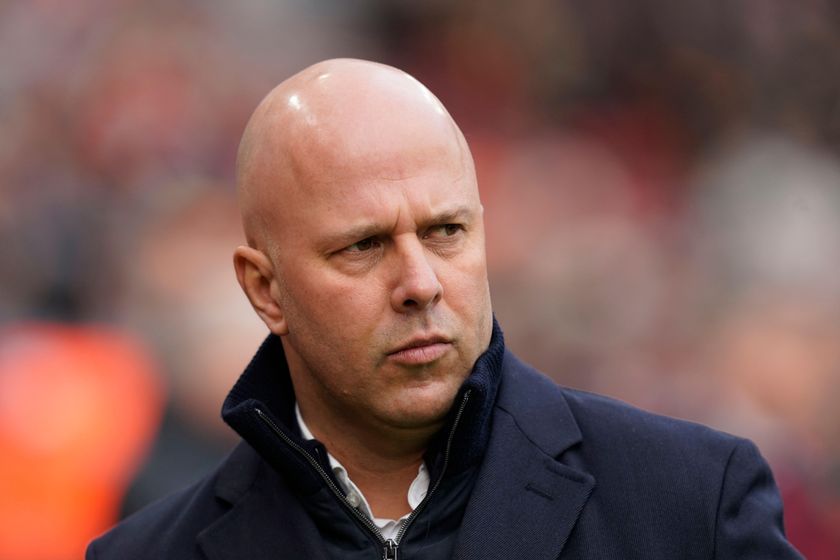
'Andy Robertson has a decision to make as a player, where you either roll your sleeves up and give someone great competition or you accept decisions and say that your time is done.' Alan Shearer on the conundrum facing Arne Slot's Liverpool

